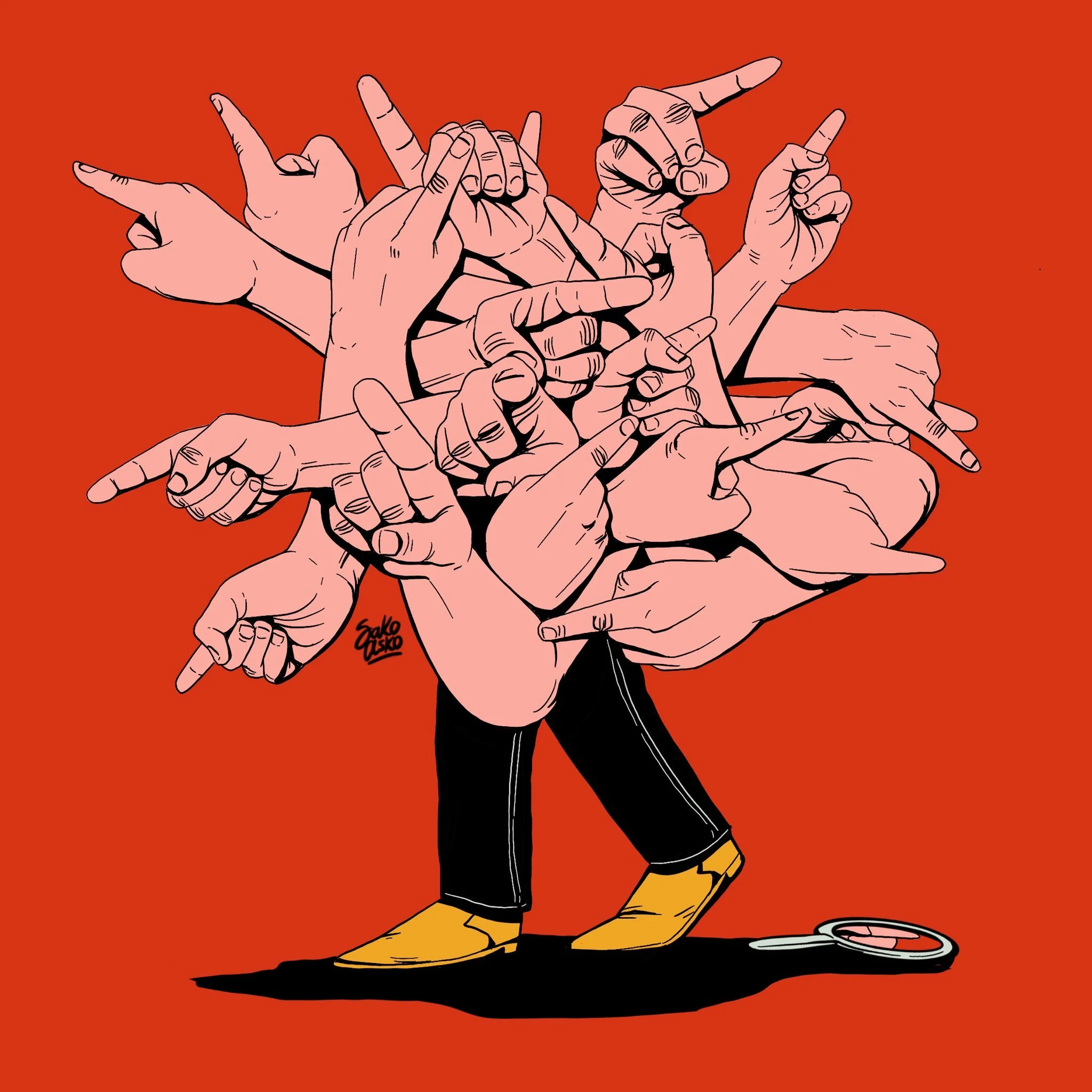If we see a friendly founder, for whom human relations are very important, it is very likely that he involves too many people in the decision-making process. Of course, this looks inspiring and humanistic, and there are plenty of fashionable managerial theories on this topic today. After all, the more people have a say, the more diverse the opinions, the higher the quality of decisions? Not really.
The thing is that decisions are rarely made once and for all. More often than not, it’s an iterative process of the market testing hypotheses put forward. Which more often than we would like, are far from perfect, or even turn out to be outright error. So the problem is not so much to get together, brainstorm and decide something, as it is to take responsibility for what has not worked. And this is where it turns out that groups are very rarely able to admit they are wrong. And the more people involved, the more painful the process of remorse. As history shows, some nations need the humiliation of losing a war in order to come to their senses, realize their errors, and apologize to the world for all their sins. Of course, it is also hard for an individual to accept his mistake, but alone, the chances are much higher than in a group. Especially if the person has the necessary prerequisites, external motivation, and an inner drive to work on himself.
This does not mean that the founder should ignore the opinions of others. This is another dangerous problem characteristic of proud people with high intelligence. The decision-making process in the company must be properly structured so that it is divided into functionally different stages. Accordingly, at a certain stage it is wise to collect opinions, but again, not from all in a row, but from the specialists competent to solve this type of problems. You can ask everyone: “Who is willing and able to be personally responsible for mistakes? (i.e., the process of educating the company about novelty).” If the question is not about rights, but about responsibility, then you would be surprised how few are suddenly willing to share this burden with the founder.
Yours sincerely,
-Alexander
You can help Ukraine defend itself and the World from Russian aggression here.
”Who are you and what do you do?"
As a business therapist, I help tech founders quickly solve dilemmas at the intersection of business and personality, and boost company value as a result.
"I have an extremely important business decision to make. Can you help me?
Reserve a time on my calendar that is convenient for you to meet with me. We'll clarify your request and discuss options for how you can help.


